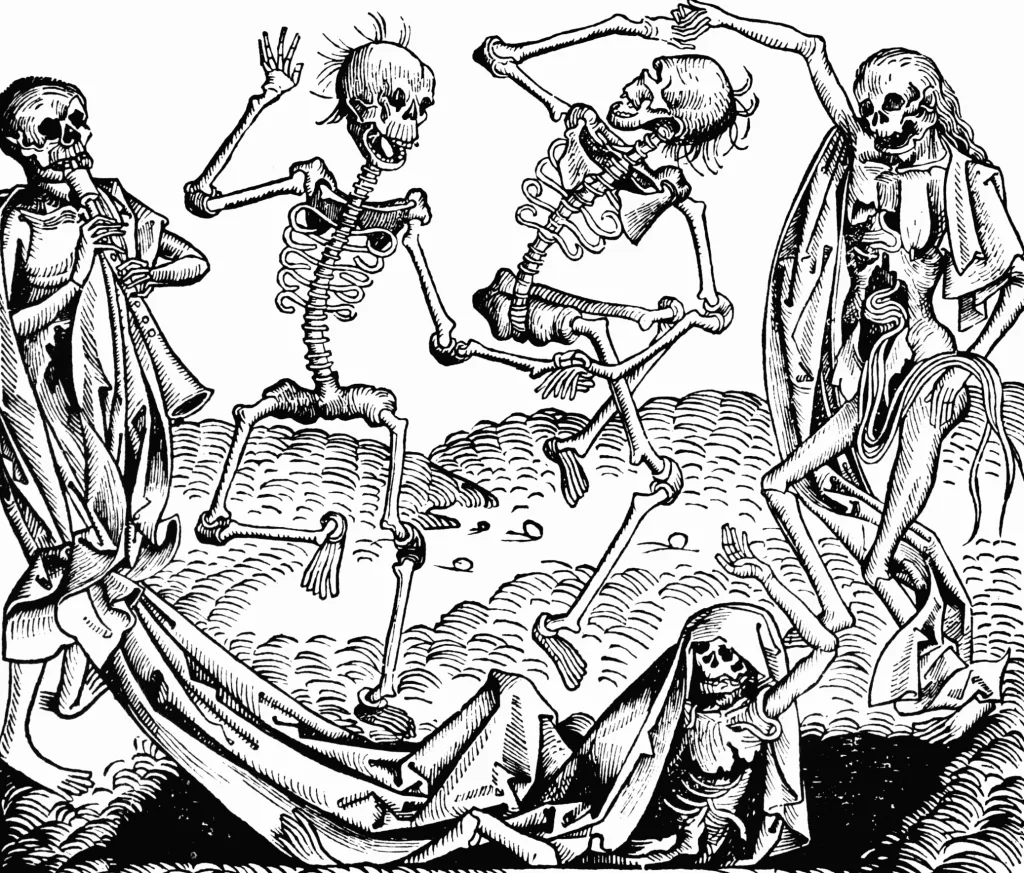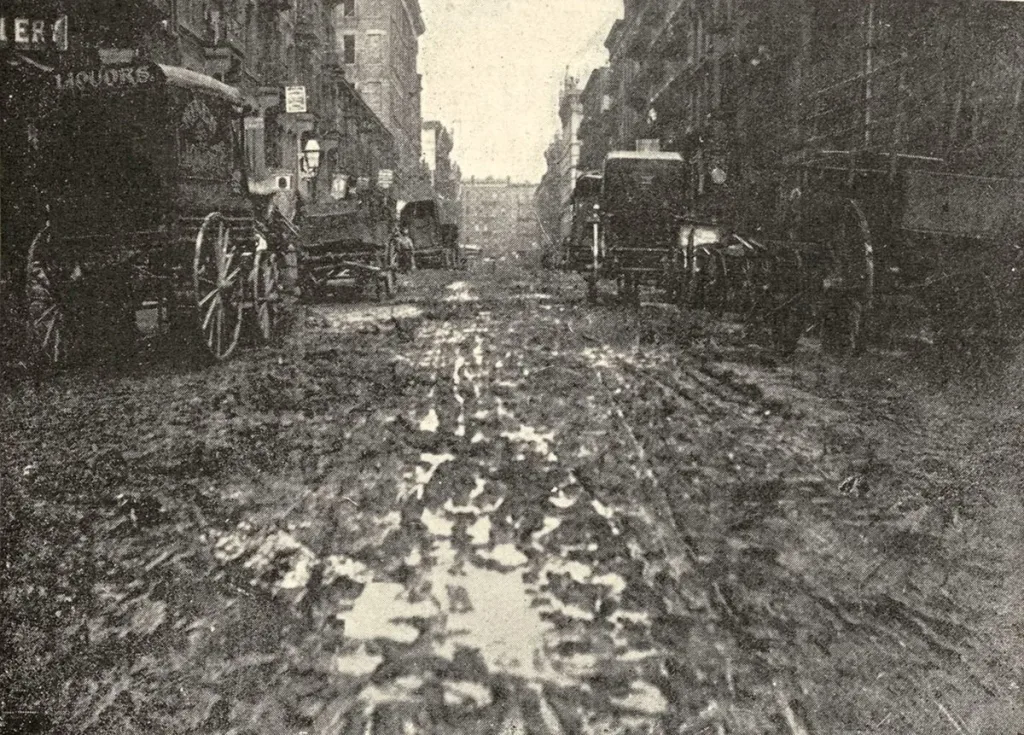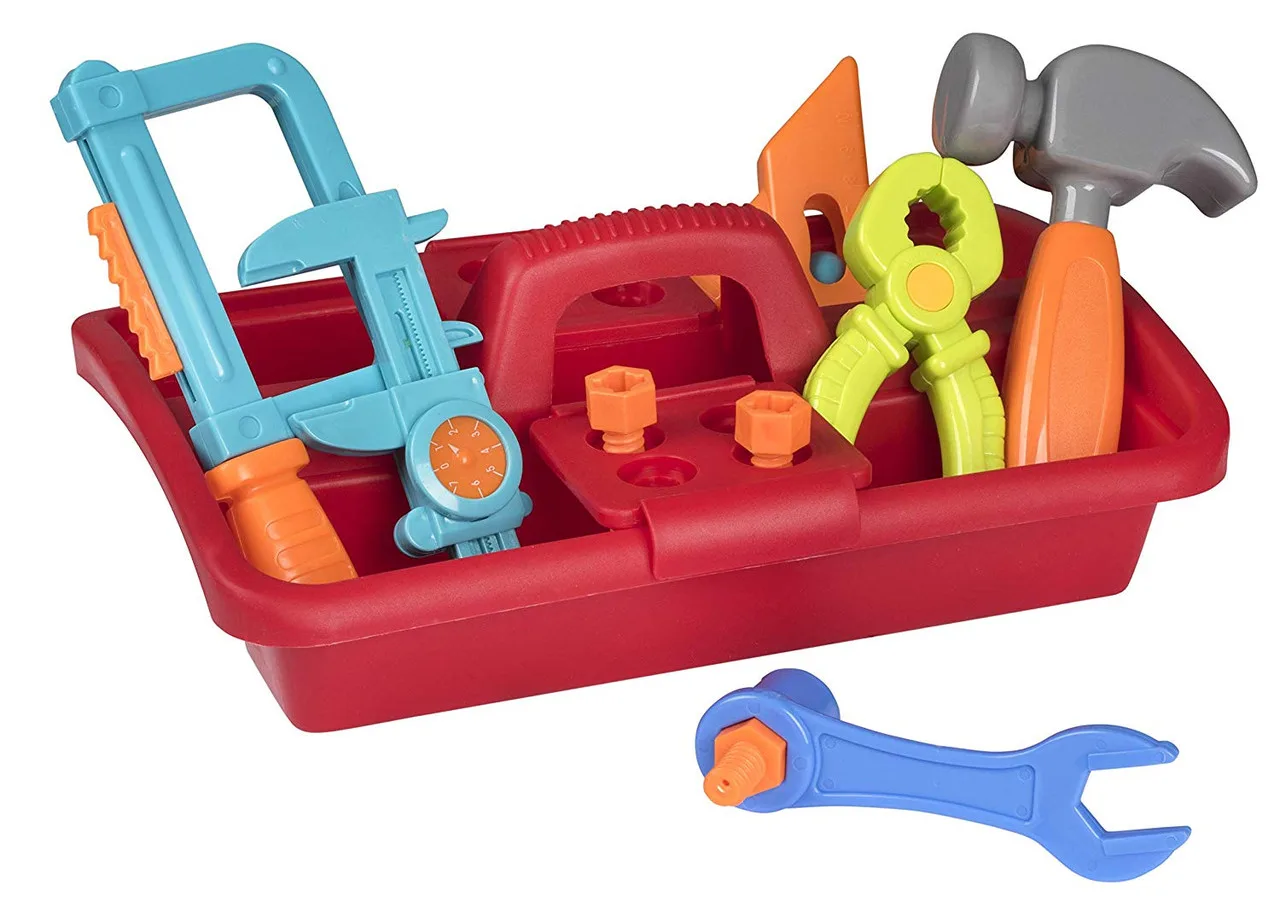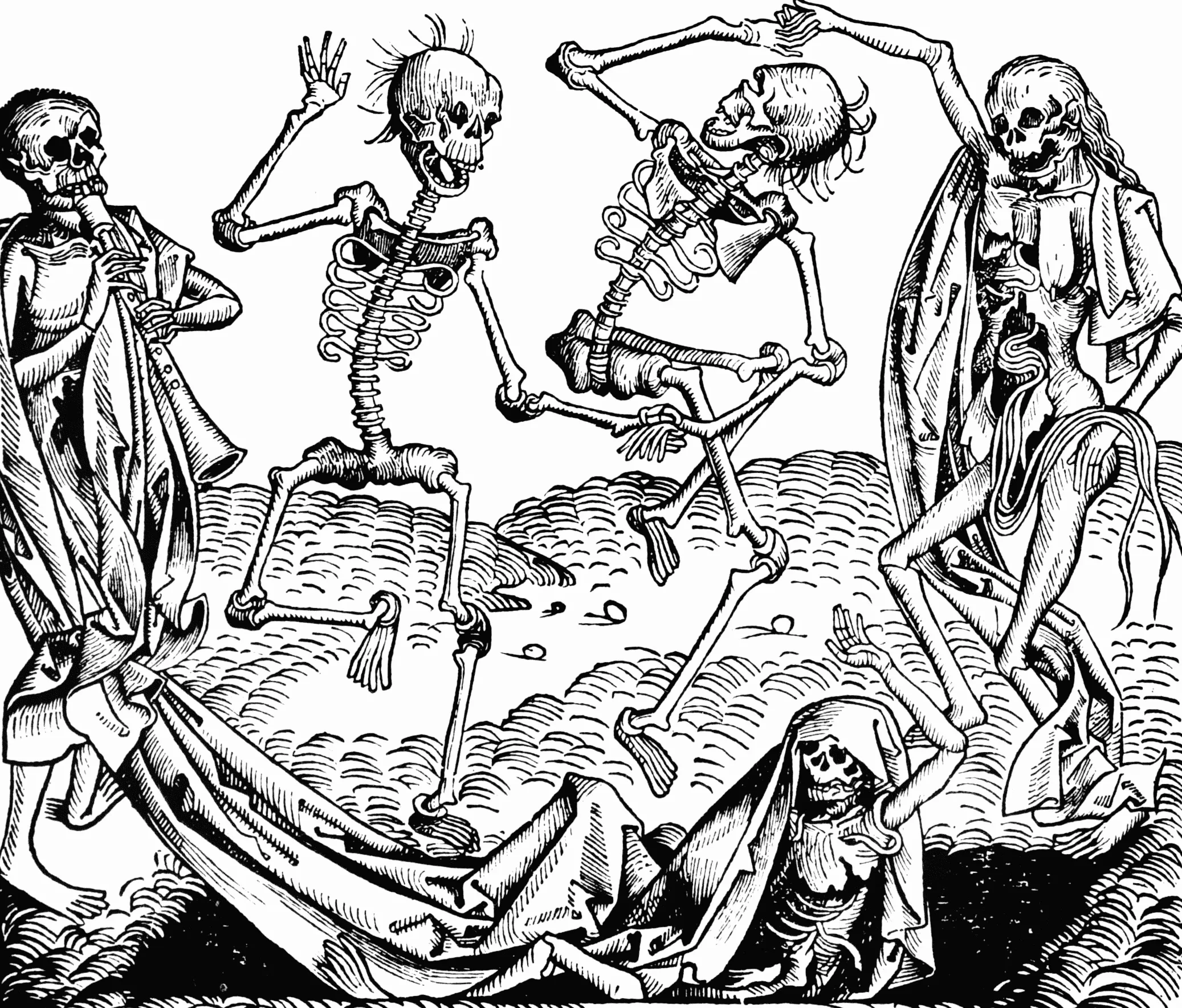Throughout history humanity solved problems with the toolbox of its time. It caused delays of hundreds of years in progress. Abandoning old intuitions solved more than the original problem
The fact we are living inside events is misleading.
It is not the Matrix. It is the availability bias to blame. We think what we see is all there is and the problems we are facing should be dealt with the familiar.
At this point I could have gone into personal and business problem solving, judgment and even racism. But I will limit the discussion to problems humanity is dealing with as a whole. Not only because I prefer not to walk into minefields, but also because I believe they are not the same. The first is related to psychology and the one below – to vision and strategy.
Let us look at a few examples from history. Humanity, faced with a major challenge, pulls solutions from the existing toolbox of its time. Relief was attained only temporary or by chance. The actual solution came from a complete change of perspective. And when that new perspective and the ensuing intuition were implemented – a great more was achieved. Far beyond solving the original problem.
The Black Death

The Black Death was a plague pandemic occurring in Europe from 1347 to 1351. As many as 50 million people perished, about 50% of Europe’s population at the time. It caused ripples of social change we experience until today. At the time – the go-to solution to every major problem was religion. People in your village dying horribly? You should go pray together crammed in an ill-ventilated church. Oh, and add self-flagellation so your skin is well bruised to enjoy the superb sanitation.
Who could have imagined there are creatures, smaller than the eye can see, killing us in the millions? That avoiding them (and hundreds of years later – killing them) would have saved us. Being able to perceive scale and complexity at different orders of magnitude did not only change how we deal with pandemics – it made our lives dramatically better (and longer).
The Horse Manure Crisis

Fast forward to the 19th century, growing city populations and the number of horses created an explosion of horse manure. In the early 1800s farmers were happy to buy it (as a fertilizer) but towards the end of the century New York’s 100,000 horses “produced” 2.5 million pounds per day creating mountains of the stuff that even when paid – not enough takers were found. Across the Atlantic experts predicted that “in 50 years, every street in London will be buried under nine feet of manure”. Solutions such as limiting, storing, selling and draining were crafted but eventually what saved the cities from burial – were cars.
Mass transportation sans muscles? Considered science fiction – until it was everywhere. And transportation without animals changed much more than just sanitation. It is one of the fundamental building blocks of the modern world.
Indoor Air Pollution

Indoor pollution was a major contributor to humanity’s (comparably) short life span. Even today it causes 6.7 million premature deaths every year. A third of the world still uses inefficient stoves burning biomass. For centuries the solution was to “solve indoors” – build high ceilings, open windows, cook outside – and attempting to use different burning materials to reduce smoke.
Electricity? It is what Zeus and Thor use to strike trees and pointy buildings. Generating light and heat from electricity did not only improve health, it extended the day (by generating cheap, clean light) impacting spare time, education, economics and equality.
But do not let smoke, smell and skeletons blur your vision.
We are not discussing technological advancement in the gradual improvement sense. Not the Ice Trade or the Water and Sewage system. Not even communication or computation. These are all processes that improved with time. We are discussing solutions emerging from a completely different way of looking at reality.
Today: Health to Inequality – Hammer with Information
What are we troubled with today? Global warming? National rivalries? Disease? Inequality? Resources? Yes.
Allow me to venture a thesis that the toolbox we currently pull from is information. We act as if the solution is somewhere out there and we only need to either find, agree, convince or create more information towards reaching it.
So we keep craving, creating, piling and relying on information.
In recent centuries and exponentially more in recent decades, we invented methods to create and manipulate information. We digitized, built search engines, created compilers and invented CGI. And now we marvel at our latest invention – algorithms that query and create information at human level. We are proud of our creation and refer to it as “Intelligent” as we have a tendency to breathe life into anything that feels human-like.
But we do not stop to examine why. Why do we need this information? Did it solve our core problems?
I argue that it has not. Not only but often worsened what we are trying to solve.
Has social media and the ability to create content for entertainment (Instagram, games, Netflix, Twitter, news) improve our use of time? Has the ability to easily manipulate human biases (advertising, lobbying, news) reduce inequality? Has the ability to distribute messages reduce national rivalries? Did we find “somewhere in the data” an agreed upon solution to global warming? Does research and scientific methodology drive us in an acceptable pace?
That is not to say our overall condition did not improve. It has. The same way isolation, hygiene, high ceilings, windows and street cleaning improved our condition in the past. But it has not revolutionized it. It did not create a platform of advancement for our species in ways we did not dream of before.
Toolboxes. Toolboxes Everywhere

So which new toolboxes can we utilize?
Dimension – At the time of the Black Death we needed to accept there can be a cause beyond the dimensions (scale) we perceive. And today – are we sure our intuition of dimensions is the right one? Still debated and hard to accept (even by Einstein who rejected Quantum mechanics which is at its core) – there probably are endless universes existing parallel to ours. How do these universes affect ours? How can we harness them? Collaborate with them?
Transportation – We moved from animals that carry and pull to inanimate creations. But is that the only way to relocate a collection of atoms from one point in space-time to another? We already (think we) know we exist in a foldable continuum. How about bending it to will? How about piercing it? Not to bore I am not mentioning to parallel.
Distinction – We think of the world in units. People, trees, stones. We group (Mammals, Plants) but we always put borders. Where one unit ends and another begins. Is it correct or are we forcing what is easier to perceive and calculate? Alternative view is to look at things as connected systems. Even as continuums. This view will allow us to interact and manipulate the environment (and our connected-selves) in yet to be imagined ways. Good luck with complexity though.
Collaboration – We marvel at our ability to generate and transfer information encoded into language and visuals. We teach our digital creations to do the same. But multi-creature organisms (hives, forests) solve collaboration in radically different ways. Their thinking, acting and intelligence are distributed and “emerging” from the unity. They perceive time, self, motivation and action differently. What can we achieve if we manage to operate more as a unit and less as individuals? What will happen if we expand this collaboration to non-humans, creatures and created?
Brave New Intuition. Brave New World.
Finding a way to expand our intuitions will revolutionize our future. It will not only solve current problems – it will make humanity advance in ways we cannot yet imagine. Judging by our past (in the universe we think we live in…) these leaps in perception made our lives radically better. It is a good use of resources to strive to open those horizons. It will be an exponential advancement that scrolling Instagram and keeping up with the news probably cannot achieve.
